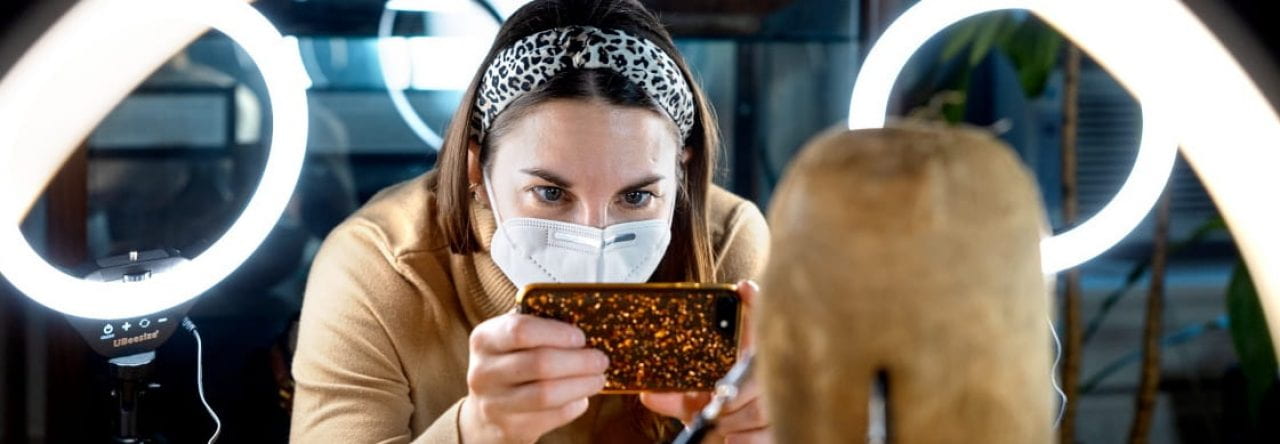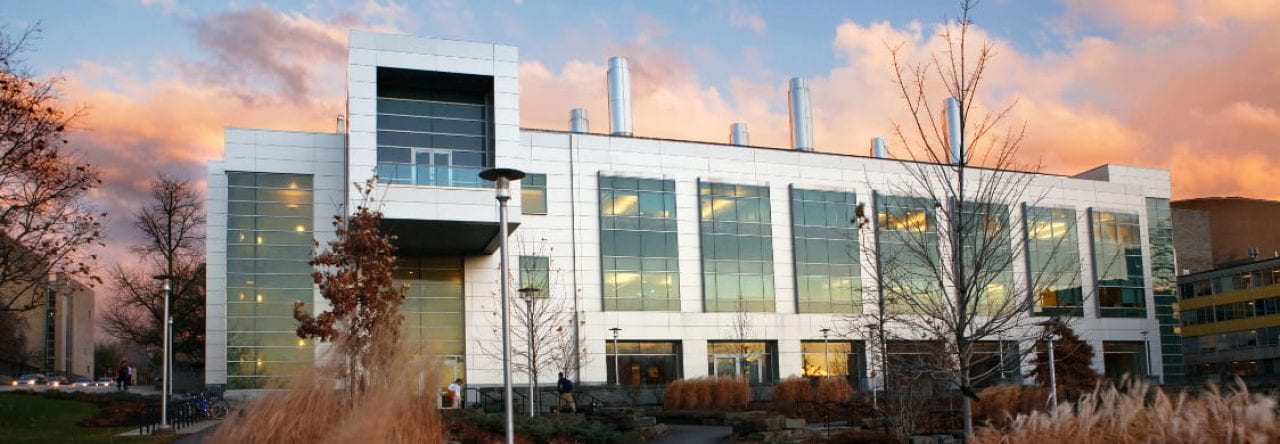Shaoyi Jiang
Robert S. Langer ’70 Family and Friends Professor
Meinig School of Biomedical Engineering
Biography
Shaoyi Jiang joined the Meinig School as Robert S. Langer ’70 Family and Friends Professor in June 2020. Prior to Cornell he was the Boeing-Roundhill Professor of Engineering in the Department of Chemical Engineering and an adjunct professor of Bioengineering at the University of Washington, Seattle.
Jiang’s research focuses on the molecular understanding, design and development of functional zwitterionic materials for biomedical and engineering applications. Since the early 2000s, his group has proposed the concept of super-hydrophilic zwitterionic materials, provided a molecular-level understanding of non-fouling mechanisms and developed several new classes of zwitterionic materials, including poly(carboxybetaine), poly(sulfobetaine), poly(trimethylamine N-oxide), poly(zwitterionic phosphatidylserine), and glutamic acid (E) and lysine (K)-containing poly(peptides). His group has demonstrated no capsule formation upon subcutaneous implantation in mice for one year, expansion of hematopoietic stem and progenitor cells (HSPCs) without differentiation, no anti-coagulants needed for artificial lungs in sheep, no antibodies generated against zwitterionic polymers, and environmentally benign marine coatings. These highly biocompatible zwitterionic materials are excellent alternatives to widely used poly(ethylene glycol) (PEG) counterparts.
At Cornell, his group aims to (a) integrate immunology into his biomaterials and drug delivery research programs; (b) translate his biomaterials and drug delivery technologies into medical and engineering practice. Currently, his group has focused on basic and applied research combining science, engineering and medicine, particularly in two areas: (i) Drug delivery and cancer immunotherapy: his group is developing low-immunogenic and targeted viral and non-viral delivery carriers for mRNAs, DNAs, proteins and small molecules, and cancer and infectious disease vaccines and (ii) Biomaterials and regenerative / precision medicine: His group is developing highly biocompatible and immunomodulating materials, and controlled culture systems for iPSCs and organoids. His group has close collaborations with researchers at Weill Cornell Medicine, Cornell College of Veterinary Medicine, several academic departments at Cornell and beyond.
Research Interests
- Biomedical Engineering
- Biomolecular Engineering
- Colloids and Interfacial Science
- Drug Delivery and Nanomedicine
- Materials Design
- Materials Synthesis and Processing
- Molecular and Cellular Engineering
- Molecular Biotechnology
- Nanobio Applications
- Nanotechnology
- Polymers and Soft Matter
- Statistical Mechanics and Molecular Simulation
- Tissue Engineering and Biomaterials
Teaching Interests
- Biomaterials
- Biointerfaces
- Drug Delivery and Nanomedicine
- Immunoengineering
- Biomolecular Thermodynamics
- Introduction to Molecular Modeling and Simulation Methods
Selected Publications
- D. Dong, C. Tsao, H.-C. Hung, F. Yao, C. Tang, L. Niu, J. Ma, J. MacArthur, A. Sinclair, K. Wu, P. Jain, M. R. Hansen, D. Ly, S. Tang, T. Luu and S. Jiang, 2021, High-strength and Fibrous Capsule–resistant Zwitterionic Elastomers, Science Advances, 7, 1, eabc5442.
- T. Bai, J. Li, S. Imren, A. Sinclair, F. Merriam, F. Sun, M. O’Kelly, C. Nourigat, P. Jain, J. J. Delrow, R. S. Basom, H.-C. Hung, P. Zhang, B. Li, S. Heimfeld, S. Jiang, C. Delaney. 2019. “Culture in Zwitterionic Hydrogels Promotes Expansion of Human Hematopoietic Stem Cells.” Nature Medicine. 25, 1566.
- P. Zhang, E.J. Liu, C. Tsao, S.A. Kasten, M. V. Boeri, T. L. Dao, S. J. DeBus, C. Linn Cadieux, T.C. Otto, D. M. Cerasoli, Y. Chen, P. Jain, F. Sun, W. Li, H-C. Hung, Z. Yuan, J. Ma, N. Bigley, F M. Raushel and S Jiang. 2019. “Nanoscavenger Provides Long-term Prophylactic Protection against Nerve Agents.” Science Translational Medicine 11 (473), aau7091.
- P. Zhang, F, Sun, C. Tsao, S. Liu, P. Jain, H.C. Hung, T. Bai, K. Wu and S. Jiang. 2015. “Zwitterionic encapsulation promotes protein stability, enhances pharmacokinetics and reduce immune response.” Proceedings of the National Academy of Sciences, 112, 12046.
- L. Zhang, Z. Cao, L. Carr, T. Bai, J.R. Ella-Menye, C. Irvin, B.D. Ratner and S. Jiang. 2013. “Zwitterionic Hydrogels Implanted in Mice Resist the Foreign-body Reaction.” Nature Biotechnology, 31, 553. Selected by one of eight “major hits” in 20 years of Nature Biotechnology medical research, Nature Biotechnology, 34, 262 (2016).
- A. Keefe and S. Jiang. 2012. “Poly(zwitterionic)protein Conjugates Offer Increased Stability without Sacrificing Binding Affinity or Bioactivity.” Nature Chemistry 4 59-63.
Selected Awards and Honors
- Executive Editor, Langmuir, American Chemical Society, 2022
- Associate Editor, Science Advances, American Association for the Advancement of Science, October 2018
- Braskem Award for Excellence in Materials Engineering and Science, 2017.
- Fellow, American Institute of Chemical Engineers, 2012 –
- Fellow, American Institute of Medical and Biological Engineering, 2010-
Education
- B.S. (Chemical Engineering), Hua Qiao University, 1985
- M.S. (Chemical Engineering) Nanjing Institute of Chemical Technology, 1988
- Ph.D. (Chemical Engineering), Cornell University, 1993
- Postdoctoral Fellow (Chemistry), University of California at Berkeley, 1993-1994
- Research Fellow (Chemistry), California Institute of Technology, 1994-1996





